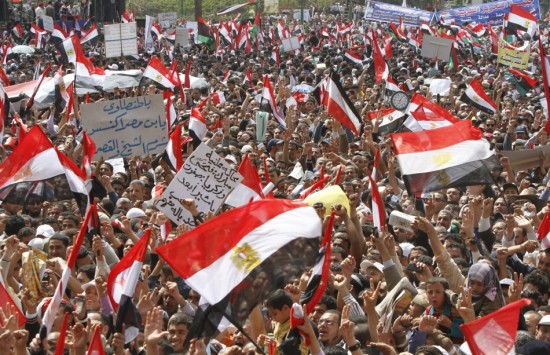Finally, we are seeing some early positive signs in the Arab countries that are undergoing political transition. The external environment is getting better as trading partner growth (especially in Europe) is strengthening, and food prices have recently declined. Diversification efforts, such as those in Morocco, have helped increase exports and foreign direct investment. And several countries are managing to raise public investment—an early fruit of their efforts to free up scarce resources by better targeted social protection and improving public finances.
Yet, despite an expected small pickup in growth to nearly 3 percent on average this year, these countries remain in a difficult situation. Unemployment, at 13 percent on average—and nearly double that for the youth—remains unacceptably high, and the tepid outlook for growth means that the problem will likely persist for a long time. This stands in stark contrast to the aspirations of the people who took to the streets in 2011 in pursuit of a better life and equal access to economic opportunity.
As is often the case in difficult economic times, the focus of policymakers has been on maintaining economic stability while putting in place measures to relieve near-term economic pain and sociopolitical pressures. Much less time and energy have been spent on the policies needed to bolster growth and employment in a sustainable manner.
Now, with stabilization pressures showing some signs of easing, there is an opportunity to focus efforts on job-creating growth. A recent IMF paper, ‘Toward New Horizons: Arab Economic Transformation amid Political Transition,’ lays out a comprehensive view of the medium-term policies that could deliver this growth. The agenda is large, covering areas such as a more growth-friendly budget composition and monetary and exchange rate policies in support of stable inflation and growth. Importantly, it also includes deep reforms to energize the private sector and address fairness: financial sector policies that buttress financial stability and widen access to finance, closer and deeper trade integration, business regulation that removes constraints on entrepreneurial activity and addresses corruption, labor market and education reforms, and more effective social safety nets that rely less on generalized energy subsidies and more on targeted measures.
This agenda is not new and each country will need to identify its own priority reforms. What is critical to all, however, is that skillful prioritization and sequencing of reforms are key in this environment, and policymakers need to seize reform opportunities as they arise. Many of the necessary reforms are difficult to implement during political transitions. Yet some can be pursued immediately and will help improve confidence, for example streamlining business regulations (to start a business, register property, or obtain permits), training the unemployed and unskilled, and improving customs procedures. Similarly, it will be important to generate public buy-in for planned reforms, which calls for wide consultation with the various sectors of society and well-crafted communication strategies by governments.
Along the way, the IMF will remain closely engaged with the Arab Countries in Transition. We are in discussions with governments and central banks over the direction of macroeconomic policies. We are helping countries build better institutions through technical assistance and training in such areas as public financial management, financial sector reform, statistics, tax administration, and debt management. We have committed about 10 billion US dollars to support homegrown economic reform programs in Jordan, Morocco, Tunisia, and Yemen, and are in discussions with Yemen on additional financial assistance.
In addition to our policy advice, technical assistance, and financial support, we are bringing together policymakers and experts from the region and beyond to share their experiences on how to move forward on the reform agenda. The clear message from regional policymakers at the recent IMF–World Bank Spring Meetings in Washington was that even more important than the ‘what’ (that is, identifying reforms) is a need to share experiences on ‘how’ to make progress on necessary but politically difficult economic reforms. This will be the main theme of a regional high-level conference, ‘Building the Future:
Jobs, Growth, & Fairness in the Arab World,’ which the government of Jordan, the Arab Fund for Economic and Social Development, and the IMF are hosting in Amman next month.
The Arab Countries in Transition are faced with a once-in-a-generation opportunity to rethink their economic strategies, and we will support them to the best of our ability. The process will be difficult and—without doubt—strewn with setbacks, but we must work together in the quest for higher living standards, more jobs, and better access to economic opportunity for the people of these countries.
